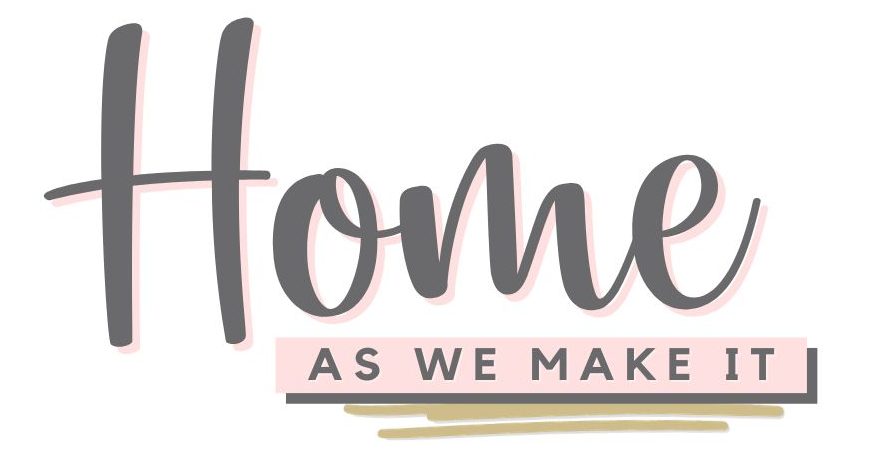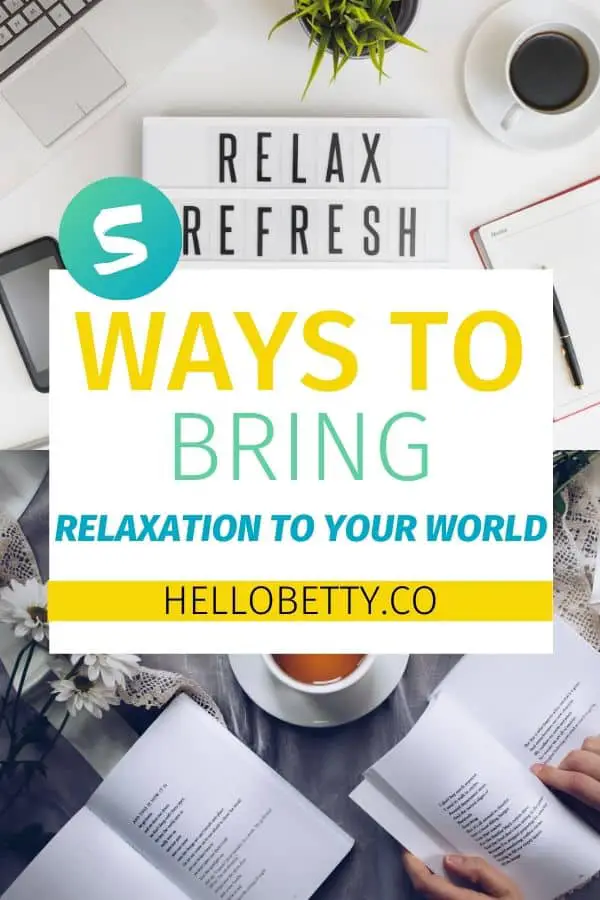5 Ways To Slow The Pace And Relax More
Stress is never a very pleasant sensation, but it’s something that we all have to deal with throughout our lives in different amounts, and at different times.
Increasingly, though, chronic stress is becotvapparently more stressed now than they were at any time in recent decades.
Note: This post may contain affiliate links, which means if you buy from my link I might make a small commission. This does not affect the price you pay. See the full affiliate disclosure here.

Chronic stress can not only directly reduce your ability to appreciate and make the most of everyday life, but it can also cause a variety of health problems, and can even shorten your life as a whole.
When you’re stressed, after all, hormones such as cortisol rise dramatically – and if your stress hormones stay elevated too much, for too long, your immune system tanks, your digestion is badly affected, and the health of your organs is likewise compromised.

There are plenty of things that people do – and rightly so – to help to organise their lives and make their immediate environments more pleasant and manageable. Contacting an expert carpet cleaning company to remove years of dust from the floors in your home, for example, is likely to do plenty of good for your health and well-being.
When it comes to dealing with chronic stress, though, you really need specific techniques for slowing the pace and allowing yourself to relax a bit more.
Here are a few tips for achieving that.
- Read more fiction
Reading, in and of itself, is a great pastime that helps to calm the mind, develop your ability to focus, and expand your horizons and perspectives simultaneously.
Increasingly, though, when people do choose to read in their free time they are inclined to read non-fiction books that promise to teach the next big secret of productivity, or self-development, or that claim to offer the final word on politics or different social trends.
While non-fiction can certainly be very useful, there is actually good evidence that reading fiction might be a better use of your time for a variety of different reasons.

For one thing, it’s been observed that people who read fiction develop a greater ability to empathise with others, and to understand the nuances of social interactions.
More than that, though, reading fiction helps you to essentially experience different lives as if you were living them out yourself – and this appears to help develop various regions of the brain, while simultaneously helping to relieve stress and increase positive emotion (at least, if you’re not just reading tons and tons of tragic drama).
Sometimes, we all need to step outside of our own everyday preoccupations and the concerns, viewpoints, and worries of the day. Reading fiction can work wonders in helping you to destress and experience more of the wonder that’s waiting to be found in the world at large.
- Allow yourself more “unstructured time”
According to the writer Celeste Headlee in her book “Do Nothing,” the modern cult of productivity has put us all in a weird and quite novel situation, historically speaking. Namely, even though we have more luxuries and labour-saving devices available to us than our grandparents could have ever dreamt of, we still manage to find ourselves with less “time” to actually enjoy.
A major part of the problem, according to Headlee, is the trend these days that tells us we should use all of our time as “productively” as possible – meaning that even when you’re not working, you’re likely to feel guilty if you aren’t learning a language, practising an instrument, working on your “side hustle,” or doing other “structured” activities.

The antidote? Allow yourself more “unstructured” time, and don’t judge yourself for just taking it easy.
Believe it or not, but just relaxing and doing nothing – or at least, nothing productive – can really work wonders when it comes to re-establishing balance in your life and helping you to alleviate some stress.
- Make sure you are getting the right balance of vitamins and minerals
Many of the leading sources of stress out there have to do with the mindsets and habits we choose to adopt on an everyday basis – but stress can also be driven by hormonal imbalances and other physical issues, that occur as a result of things like not having the right balance of vitamins and minerals in our diet.
Even in spite of the fact that food is generally more accessible than it’s ever been, many people – even in the most affluent societies – are still deficient in certain essential nutrients, such as vitamin D and magnesium.

Make sure you are getting the right balance of vitamins and minerals – and don’t underestimate just what a profound impact these micronutrients can have on your sense of well-being, and your ability to feel relaxed.
It’s likely a good idea to take balanced supplemental vitamins in addition to trying to improve your diet – just to make sure that you’ve got this covered from all angles.
- Go easy on the caffeine
Caffeine is the most popular recreational drug in the world – but it is in fact still a drug, even if we rarely think of it as such.
One of the key effects of caffeine is to spike the level of stress hormones such as cortisol and adrenaline in the body, which in turn shifts us into “fight or flight” mode.

If you find that you are constantly stressed and anxious, and tend to be a highly strung and nervous person as a rule, consider that caffeine may actually be playing a significant role in that.
Try gently tapering down your caffeine consumption, and see if you feel any better after a while. Note that if you decide to quit caffeine cold turkey, you will likely experience unpleasant side-effects – potentially for as long as several months according to some reports.
- Disconnect from social media
Social media promises to help us stay connected with our friends and family, so that we can enjoy rich and meaningful social connections, and so that we can feel good and nurture our interpersonal relationships in the digital age.

What research actually finds, though, is that the more time people spend on social media, the more stressed, anxious, and depressed they tend to be – and the likelier they are to end up feeling bitter, jealous, and resentful of the people they are “connected” with.
Disconnecting from social media for a while – or even deleting your account altogether – might work wonders in terms of helping you to enjoy a more relaxed life.
6. Reduce Your Overall Screen Time
At times, we’re all guilty of spending too much of our time staring at screens. If you want to slow down your pace of life and relax in a way that’s healthy and aids your wellness, you should probably reduce your overall screen time. By spending less time in front of the TV, you’ll also improve your health, reducing your exposure to TV radiation.







